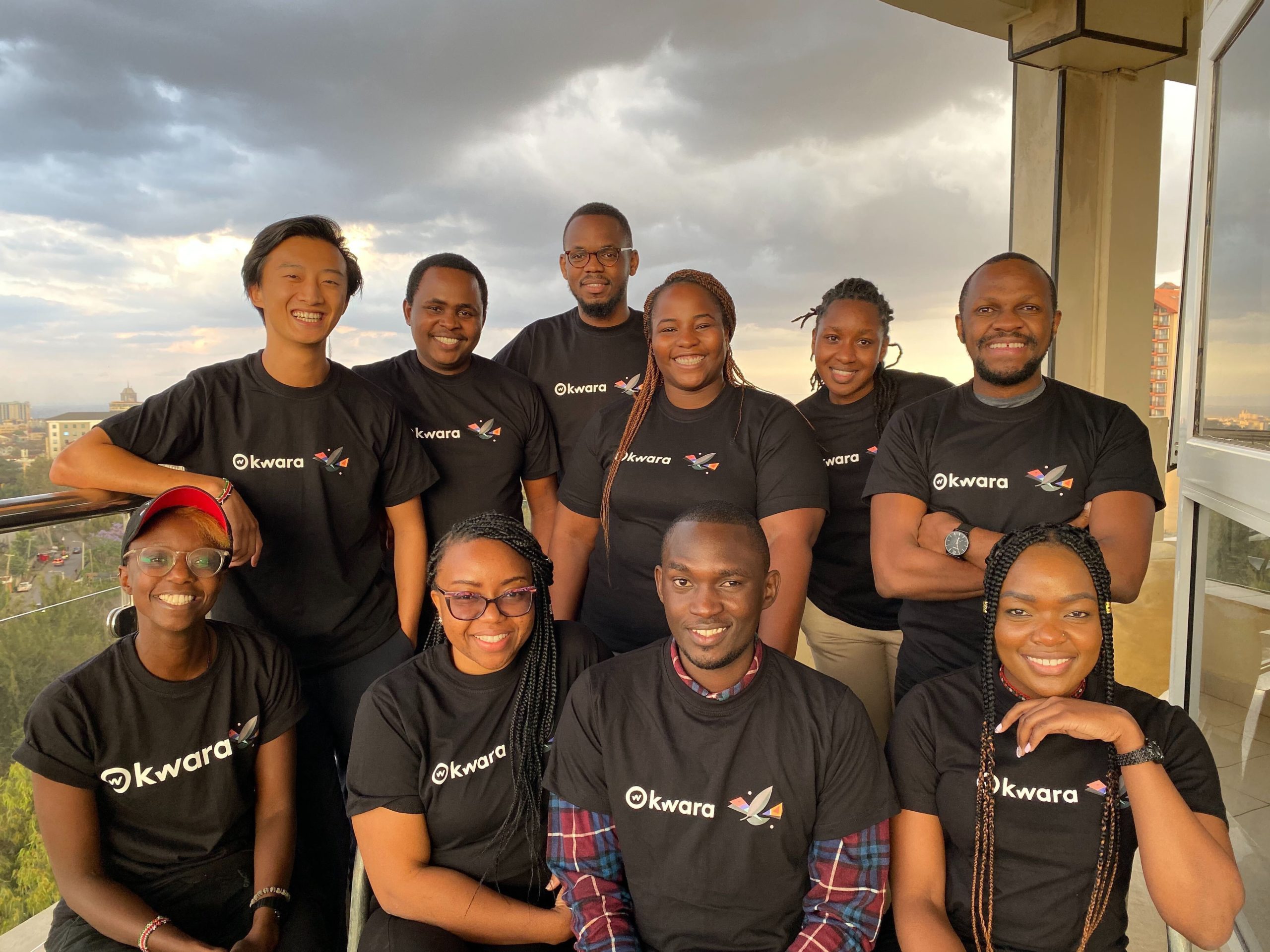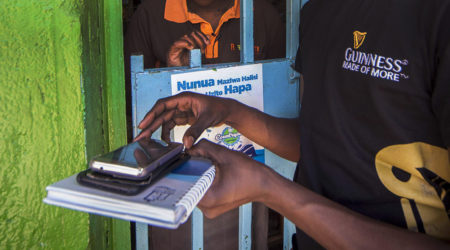Kwara launches first-of-its-kind training program for junior talent in Kenya

Fintech startups can be tempted to find tech solutions for all aspects of their business, but customer support often demands a softer, more hands-on approach from well-trained humans. Getting this customer support right can be a strong differentiator for startups in driving both sales and retention.
For example, when Catalyst Fund conducted user research among SaaS-provider Kwara’s customers, we heard that the availability of expert-level support was a key decision-making criteria for many cooperatives. Although Kwara had a dedicated customer support representative and the broader team was willing to answer late-night messages to help a client out, CEO Cynthia Wandia knew they needed a longer-term, more professional solution to appeal to prospective clients.
In response, Catalyst Fund helped Kwara scope a graduate scheme for customer success and, after months of development, Kwara is now launching a junior professional training program focused on customer support and success. The program offers 6 months of intensive training that will help young professionals become experts in client onboarding, management, and sales.
Expanding our customer success team is deeply necessary for our business, and a training program is a win both for Kwara and the trainees.” – Cynthia Wandia
Training programs can bridge gaps in demand and supply of talent
Fintech startups across our portfolio routinely report that finding and retaining talent is a key barrier to growth. To address this challenge, we developed a talent program to recruit and place interns. Thus far, the response from startups has been extremely positive as they report that interns are making valuable contributions and helping them to build a talent pipeline.
The internship program has shown us that while the demand for talent is high, the pool of young, experienced graduates is small and difficult for startups to access, given the preference for corporate employment.
Training programs can be an attractive proposition for both graduates and startups, as they allow small, young businesses to compete with established corporates for young hires. They also alleviate the training burden on startups by creating cross-learning opportunities within a cohort and shifting some of the responsibility to the trainee by giving them clear upskilling plans.
Graduates are attracted to training programs as they offer a structured learning environment and provide a clear pathway for career progression. Such training programs are common in developed economies, providing clear pathways for graduates to explore different aspects of large companies and for those companies to “probe” new hires.
Although there are a handful training programs targeting junior professionals in Kenya, there certainly aren’t enough to generate opportunities for the 500,000 to 800,000 young Kenyans entering the job market each year. Moreover, those that do exist are mainly run by multinational corporations that have ported over programs from other markets or government entities.
Kwara’s junior professional program
Kwara has always focused on delivering above and beyond support to their customers, and this strength became even more apparent during our user research. Our deep research with SACCOs during venture building found that SACCOs say that expert level support is a critical decision-making factor in choosing an Enterprise Resource Planning software.
To meet this need, Kwara realized they needed to grow this capacity themselves. With our help, Kwara has developed a two-part customer support training program. The first three months of the program are centered on providing general customer support while getting up to speed on Kwara’s technology and customer needs. In months 4-6, trainees focus on specializing in either customer onboarding or customer success. Along the way, trainees are coached by the team’s customer success experts and benefit from peer exchange within their training cohort.
Throughout the program, trainees are evaluated based on their deliverables and interactions with customers, in an effort to accelerate the learning curve for trainees to grow into full-time professionals. Unlike those offering typical time-bound internships, Kwara’s goal is to hire successful trainees in order to expand their customer success team. The trainees will also provide feedback to Kwara so they can continue to improve the program and mentor future trainees as they build leadership skills within the organization.
To de-risk the first cohort, the first round of junior professionals will be hired through the Catalyst Fund internship program, which removes the recruitment burden from startups, funds internships for up to 6 months, and provides management support. Since early-stage startups typically don’t have full HR departments, Catalyst Fund’s program helps fill the gaps. As we grow the internship program, we’re placing more junior talent in roles that fill critical gaps at our startups, including new positions identified through our venture-building work.
Kwara’s program is among the first Kenyan startup graduate schemes, and we hope it can serve as an example to other companies that can invest in junior talent since supporting internships and apprenticeships are crucial to solving youth unemployment and underemployment in Kenya. Such programs create consistent openings for entry-level positions, with cohort sizes that are able to grow as the company grows, meaning there is no limit to growth for Kwara.
In partnership with Catalyst Fund and Cambridge University, Kwara is currently recruiting for the first cohort to kick off in January 2021. Apply here.


